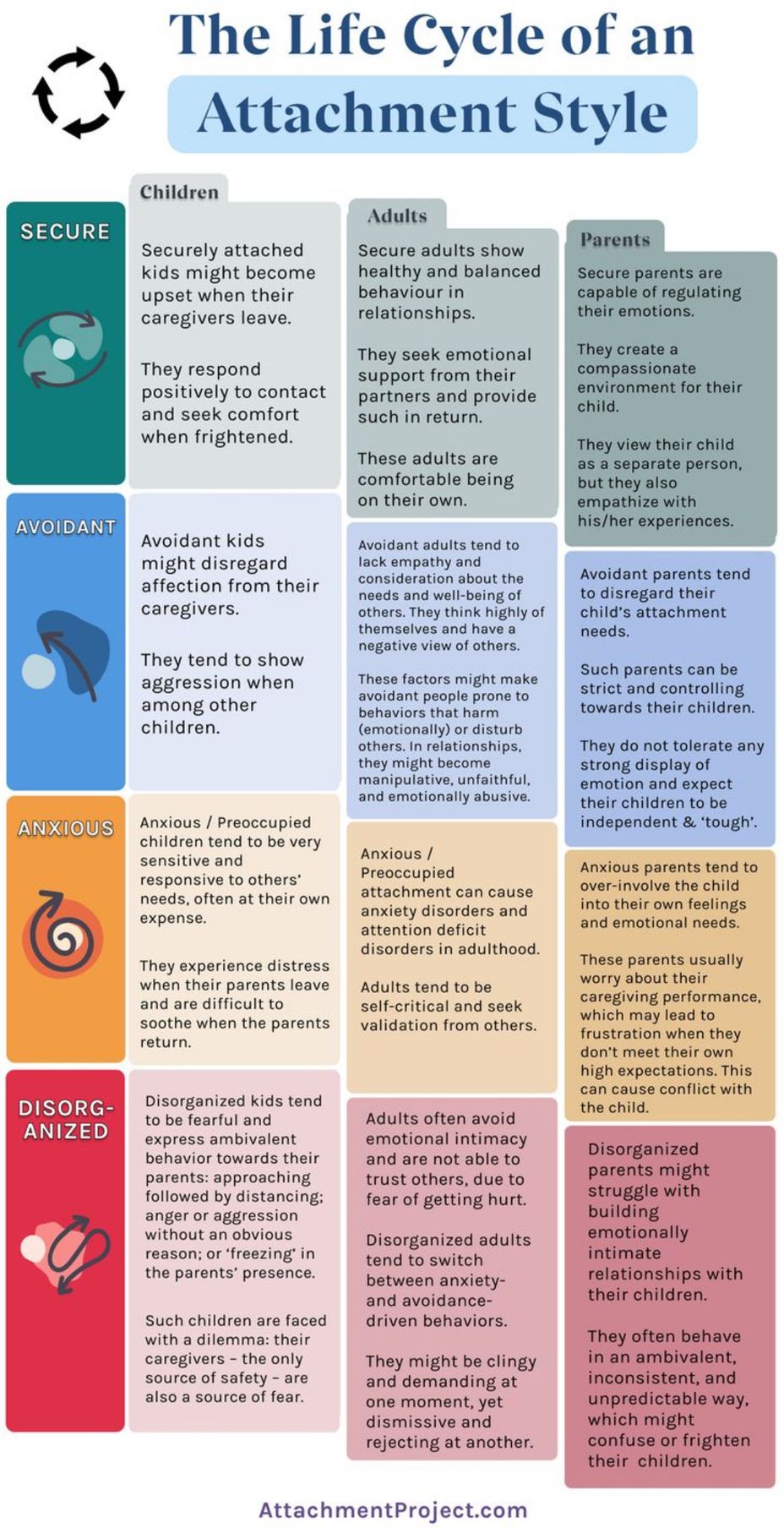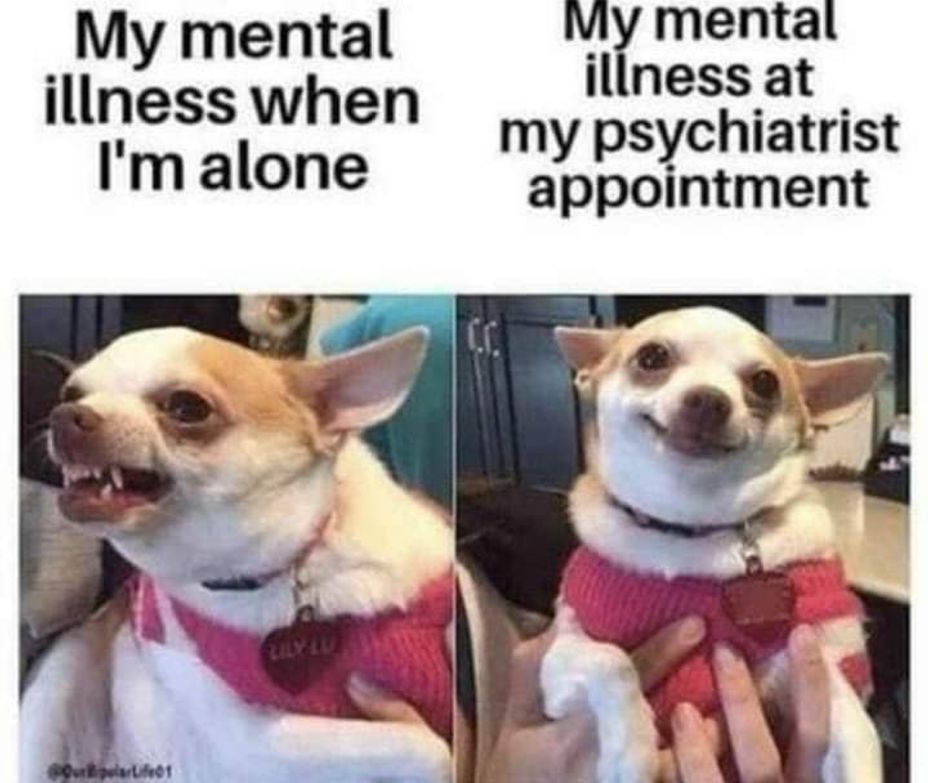Part 1 of 2 My first experience with trauma occurred at eight years old, but it didn’t end there. I would spend the next six years experiencing one traumatic event after another.
Sadly, I never had the family support or received the much-needed help as a child. So, after multiple traumatic occurrences, I began to suffer from OCD, PTSD, depression, and an eating disorder.
To mask the pain, I began using substances and alcohol at twelve. I was a short-term bully in middle school and a delinquent student in high school. Then, after high school, I became an alcoholic with severe depression, anxiety, aggression, violent tendencies, and suicidality into midlife.
My trauma caused my loved ones and me so much damage until I finally realized what I was doing wasn’t working and that my past circumstances didn’t have to dictate the rest of my life.
Resolving trauma can be challenging and may take time, but we can heal from it and lead meaningful lives. I never thought the day I would.
What Causes Childhood Trauma?
A child’s most formative years are between 0 and 8, as their brain grows the fastest at this age. And though their brain continues to develop into their mid to late 20s, those first eight years are the foundation for learning, success, and overall health. So, any trauma that occurs during this time can stunt a child in many ways.
As children, we rely on stability to thrive and survive. Still, we can’t control unplanned external events, just as I wouldn’t have expected what happened to me as a child. So, what are some events that can potentially cause childhood trauma?
These may include:
Accidents
Neglect
Poverty
Bullying
Natural disasters
War or terrorism
Loss of a loved one
Serious medical conditions
Separation from caregivers
Violence in the home or community
Emotional, physical, or sexual abuse
A parent with mental illness or substance abuse issues
There is also secondary trauma, such as witnessing domestic violence or hearing about someone else’s experiences with trauma.
Untreated childhood trauma can lead to anxiety, anger, isolation, or negative thoughts about oneself or the world.
The Effects of Unresolved Childhood Trauma
Not every child who experiences trauma will develop mental health issues. For instance, take two siblings who share the same trauma in their household. Yet, for some reason, one sibling can overcome their adversities over time while the other experiences long-term mental and physical health issues.
Let’s look at some adverse effects of unresolved childhood trauma.
Mental health issues may include:
OCD
PTSD
Depression
Anxiety
disorders
Reactive attachment disorder
Borderline personality disorder
Physical issues may include:
Panic attacks
Heart disease
Sleep disturbances
Unexplained anger
Autoimmune diseases
Constant state of hyper-alertness
These symptoms can lead to negative coping patterns if not effectively managed.
Negative Coping Skills Caused by Trauma
Many children don’t receive the help and support they need, leading to maladaptive coping skills well into adulthood, including:
Smoking
Aggression
Impulsivity
Substance abuse
Disassociating
Eating disorders
Bullying behavior
Avoidance behavior
Delinquent behavior
Reckless and risky behavior
Lacking respect for authority
Other harmful coping mechanisms can include self-injurious behavior, suicide attempts, or death by suicide. Therefore, the sooner one receives treatment, the less their symptoms will carry into adulthood.
Treatment for Trauma in Children and Adults
As a former mental health therapist working with youth and families in crisis, I involved the entire household in treatment, not just the child suffering. Otherwise, problems within the family unit would continue to exist without that.
In other words, if a therapist only works with the child, and their mental health improves, they will typically regress if the family isn’t receiving treatment. Therefore, family support and treatment are crucial for the child to maintain wellness.
For adults like myself who never received the help or support they needed as a child, that doesn’t mean it’s too late. Individual therapy, group therapy, or peer support can be very beneficial.
A therapist might use one or more methods to treat an individual’s trauma, including:
Psychodynamic Therapy – focuses on resurfacing unconscious memories or root causes of trauma





